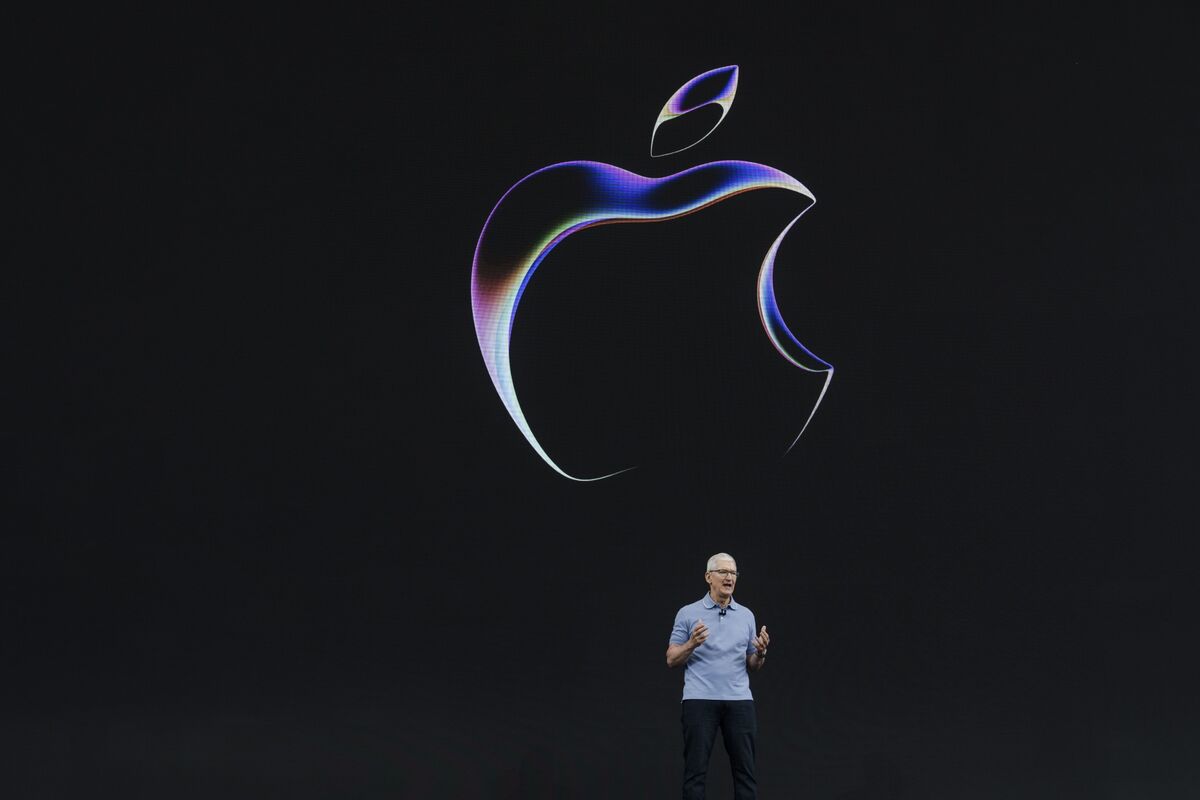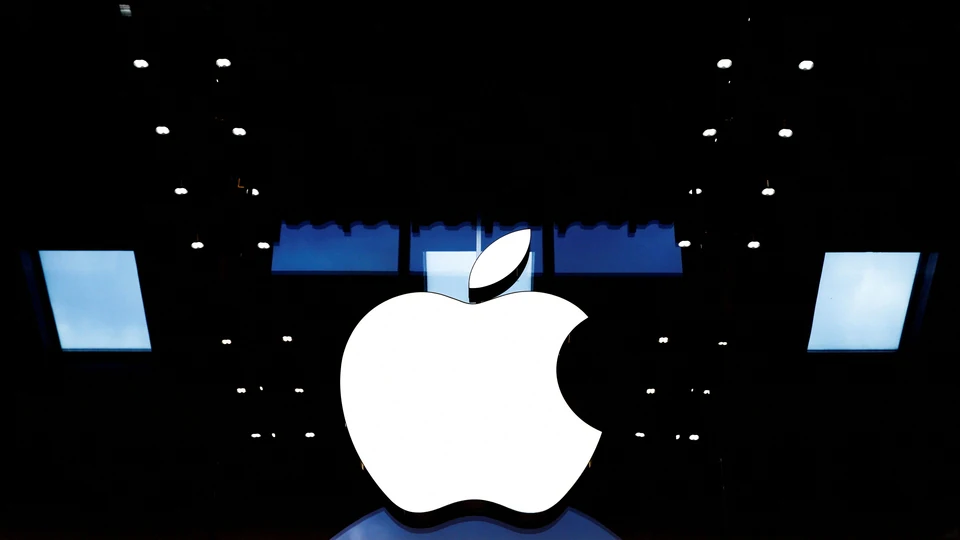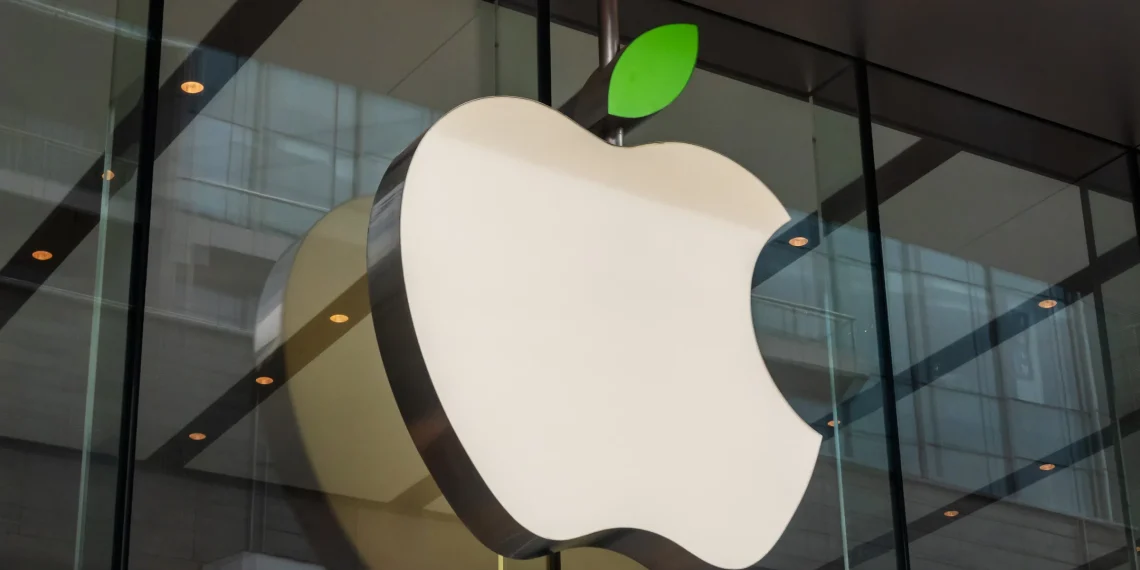For over a year and a half, Apple’s CEO, Tim Cook, has faced inquiries from Wall Street analysts regarding the company’s plans for artificial intelligence (AI).
Despite criticisms that Apple lacks an AI narrative, Cook assured that concrete details about Apple’s AI strategies would be disclosed soon after the company’s quarterly earnings report.
Emphasizing their optimism in generative AI, Cook highlighted Apple’s substantial investments of $100 billion in research and development over the past five years.

While Apple’s Big Tech competitors like Microsoft, Google, and Meta Platforms have also dedicated vast sums to R&D, they’ve heavily invested in data centers to support AI services.
Apple has taken a different approach, with its capital expenditure for 2023 totaling just over $10 billion. This strategy has led to concerns among investors that Apple might lag behind

AI race, causing a 10% decline in its shares compared to soaring stock prices of its AI-focused rivals.
Despite investor worries, Apple hinted at maintaining its conservative capital expenditure approach.
Chief Financial Officer Luca Maestri outlined Apple’s cost-effective model, which involves sharing manufacturing tool costs with suppliers and utilizing both in-house and third-party data center capacity.

While Apple is anticipated to introduce new AI features at its upcoming software conference and incorporate AI-ready chips into its product lineup, analysts remain cautious about the potential impact on device sales.
While advanced processors may attract users requiring AI tools for professional purposes, it’s uncertain whether these features will drive significant sales growth.
Analysts like Ben Bajarin suggest that while AI improvements may boost sales to some extent, they may not trigger a substantial surge in demand.





